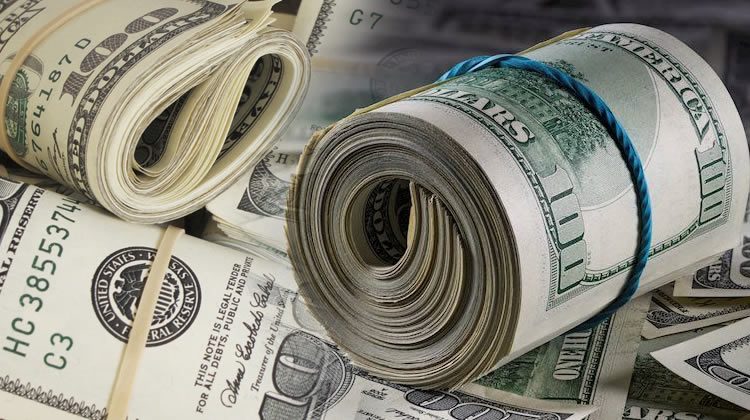
Nigeria’s foreign exchange reserves have reached a new high of $34.7 billion, representing an increase of $110 million from the previous day’s figure of $34.5 billion. This growth is attributed to several factors, including the recent increase in oil prices, improved diaspora remittances, and the Central Bank’s efforts to stabilize the currency.
The reserves have been steadily increasing over the past week, with a total gain of $316 million since July 1. This increase is a positive development for Nigeria’s economy, providing a cushion against external shocks and supporting the country’s ability to meet its financial obligations.
Fitch Ratings has placed Nigeria’s economic outlook as positive, citing significant reforms that have restored macroeconomic stability and enhanced policy coherence and credibility. The agency noted that the reforms have contributed to the restoration of macroeconomic stability and enhanced policy coherence and credibility.
However, Fitch also noted that short-term challenges remain, including high inflation and FX market volatility. Despite this, the agency expects further monetary policy tightening and strengthening of monetary policy transmission.
The Central Bank’s measures to manage the foreign exchange market, including the introduction of the Investors’ and Exporters’ window, have helped to attract foreign investment and boost reserves. The reforms have led to a return of sizeable inflows to the official foreign exchange market and a significant rise in foreign portfolio investment inflows.
